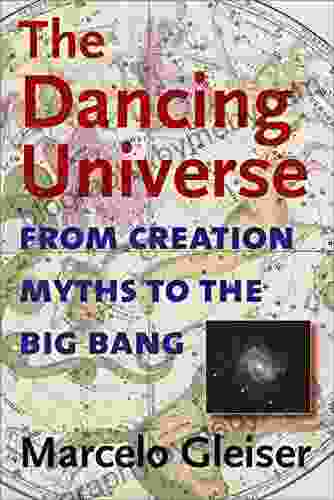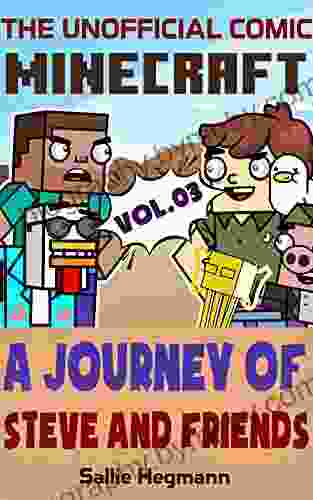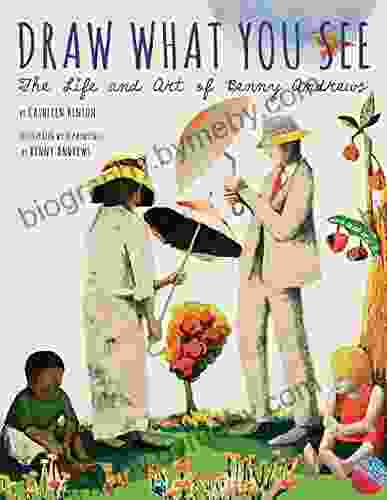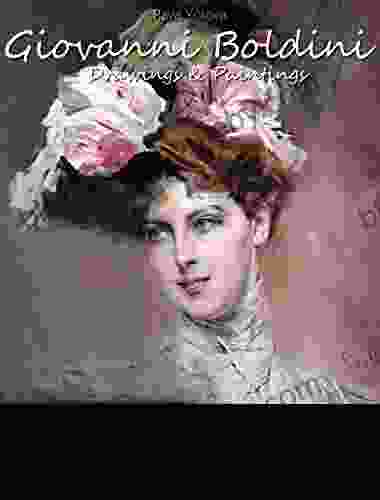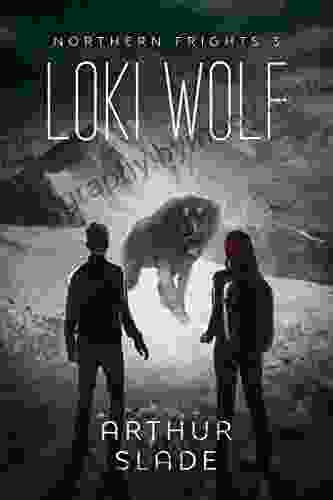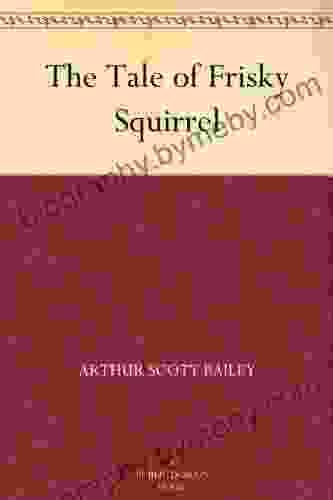From Creation Myths to the Big Bang: Understanding Science and Technology

: The Dawn of Curiosity
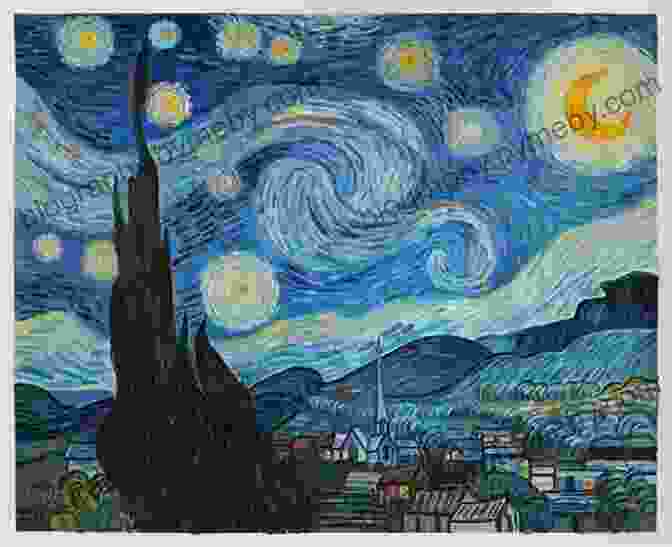
4.3 out of 5
| Language | : | English |
| File size | : | 2708 KB |
| Text-to-Speech | : | Enabled |
| Screen Reader | : | Supported |
| Enhanced typesetting | : | Enabled |
| Word Wise | : | Enabled |
| Print length | : | 317 pages |
Throughout human history, we have gazed up at the stars and pondered the mysteries of our existence. From the earliest creation myths to the cutting-edge theories of today, our quest for understanding has driven the relentless march of science and technology.
This article will take you on a captivating journey through the evolution of our collective knowledge, from the ancient belief systems that sought to explain the universe to the groundbreaking Big Bang theory that shattered our perception of reality.
Chapter 1: Ancient Creation Myths: The Seeds of Wonder
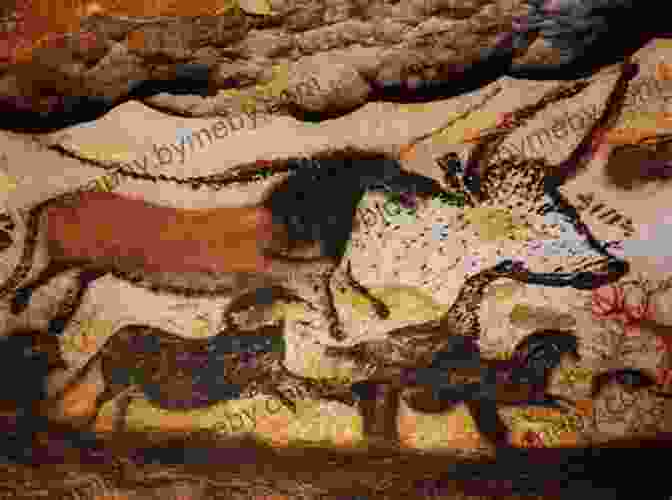
The earliest known creation myths, dating back tens of thousands of years, provide a glimpse into the imaginative minds of our ancestors. These stories, often adorned with intricate symbolism and vivid imagery, sought to explain the origins of the universe, the creation of life, and the role of humanity within it.
From the Babylonian Epic of Creation to the ancient Egyptian myth of Ra, these early narratives laid the foundation for our future scientific inquiries.
Chapter 2: The Birth of Astronomy: Measuring the Heavens
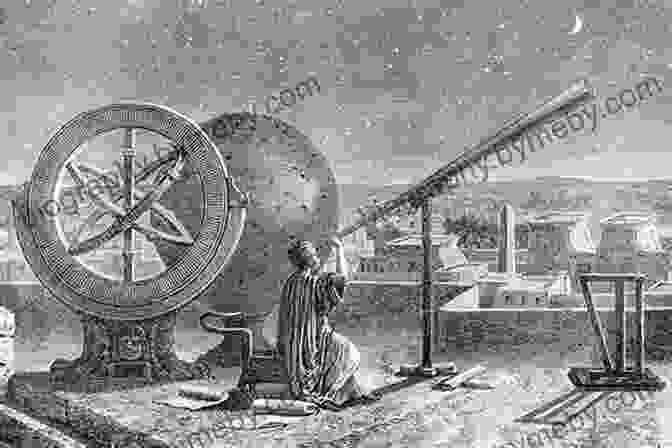
As civilizations flourished and recorded their observations, the seeds of astronomy were sown. In Mesopotamia, Egypt, and China, astronomers meticulously charted the movements of celestial bodies, creating calendars and predicting the seasons.
These early astronomers laid the groundwork for the development of trigonometry, geometry, and other mathematical tools essential for scientific progress.
Chapter 3: The Greeks: The Dawn of Rational Inquiry
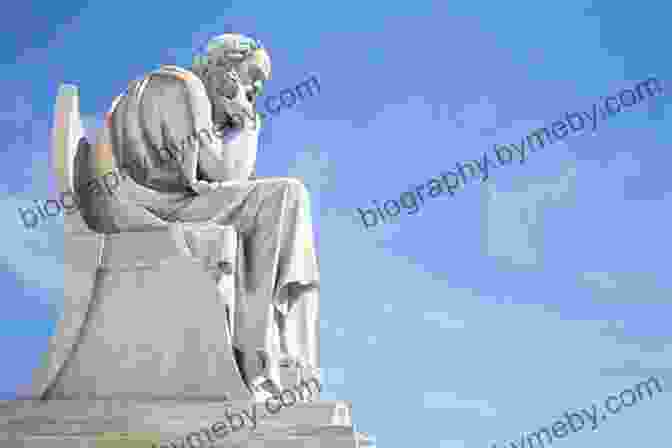
The ancient Greeks took a revolutionary approach to understanding the universe. They abandoned mythical explanations and embraced the idea of rational inquiry, seeking to explain the natural world through observation and logical reasoning.
Philosophers such as Thales, Anaximander, and Pythagoras proposed early scientific theories, paving the way for the scientific revolution of the Renaissance.
Chapter 4: The Middle Ages: Alchemy and the Search for Knowledge
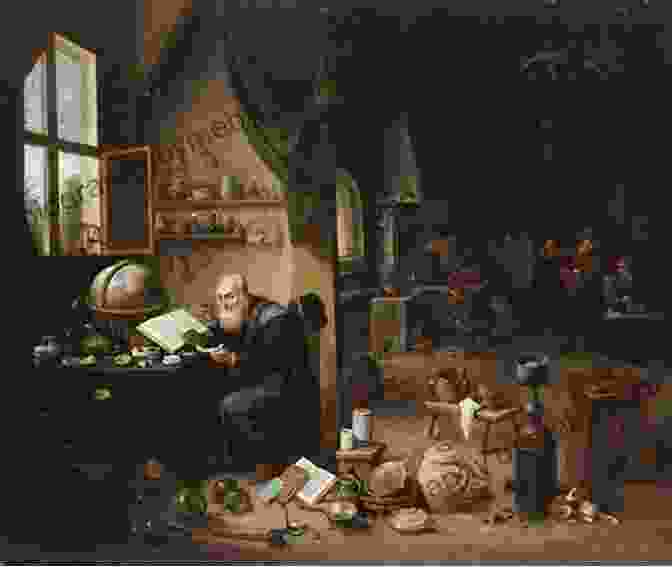
During the Middle Ages, a diverse blend of cultures, including Islamic scholars and European alchemists, contributed to the advancement of scientific knowledge.
Alchemists, striving to transform base metals into gold, inadvertently laid the groundwork for modern chemistry. Muslim scientists, building on Greek astronomy, made significant contributions to the study of mathematics, medicine, and optics.
Chapter 5: The Renaissance: The Rekindling of Curiosity
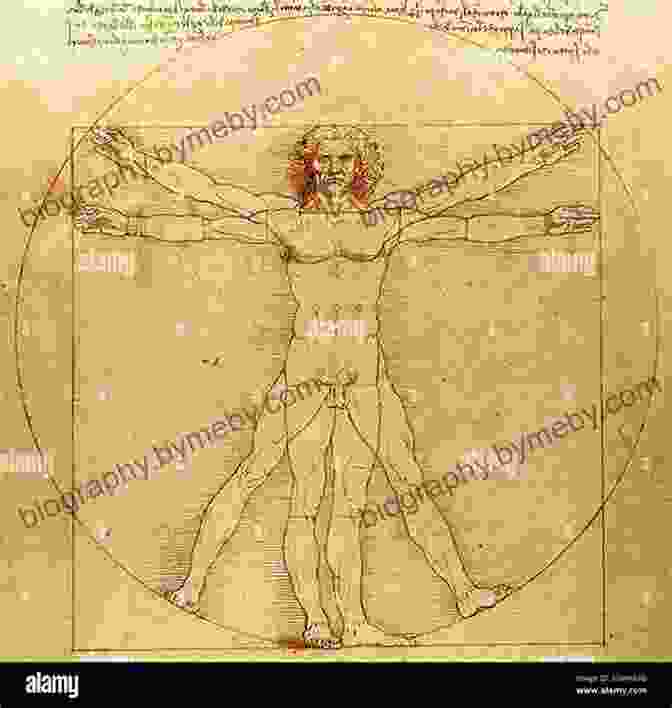
The Renaissance witnessed a renewed interest in classical Greek thought and a thirst for discovery. Leonardo da Vinci, a master of both art and science, epitomized this era of intellectual fervor.
Nicolaus Copernicus challenged the Earth-centered view of the universe and proposed the heliocentric model, a groundbreaking shift in our understanding of the solar system.
Chapter 6: The Scientific Revolution: The Triumph of Reason
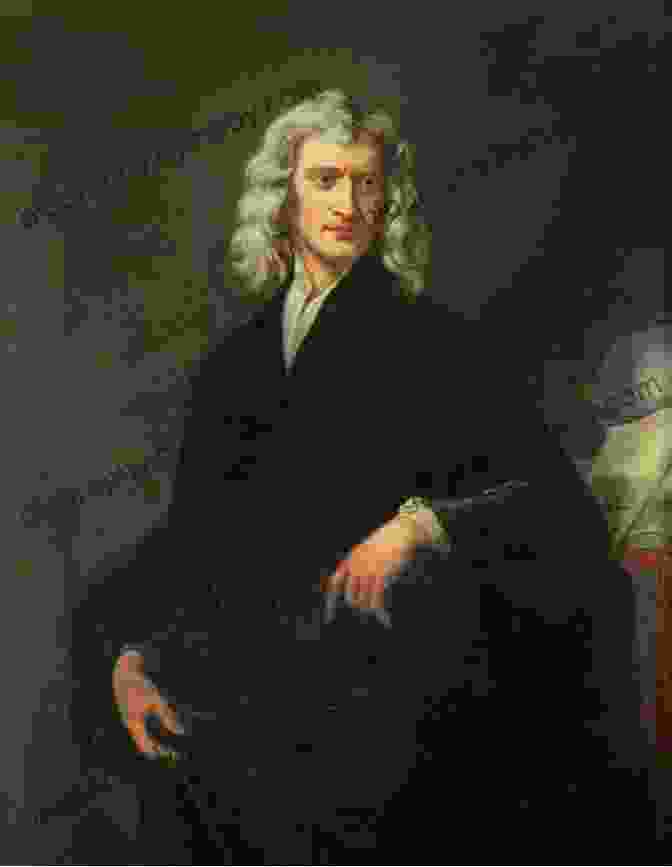
The Scientific Revolution of the 17th century witnessed a profound shift in scientific thought. Galileo Galilei, Johannes Kepler, and Isaac Newton made groundbreaking discoveries in astronomy and physics, establishing the foundations of classical mechanics.
This era marked the triumph of reason and the rise of the scientific method, which emphasized observation, experimentation, and verifiable evidence.
Chapter 7: The 19th Century: The Age of Exploration and Discovery
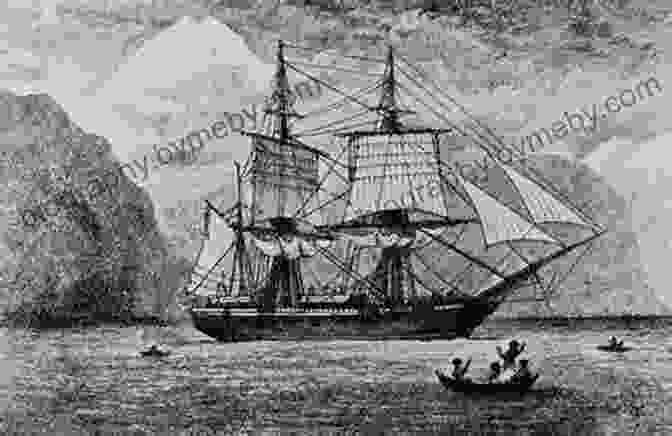
The 19th century was marked by remarkable scientific advancements and the expansion of human knowledge. Charles Darwin's theory of evolution revolutionized our understanding of the natural world, while the discovery of electricity and the development of the internal combustion engine transformed our daily lives.
This period also witnessed the rise of modern astronomy, with Edwin Hubble's discovery of the expansion of the universe.
Chapter 8: The 20th Century: Unveiling the Secrets of the Atom
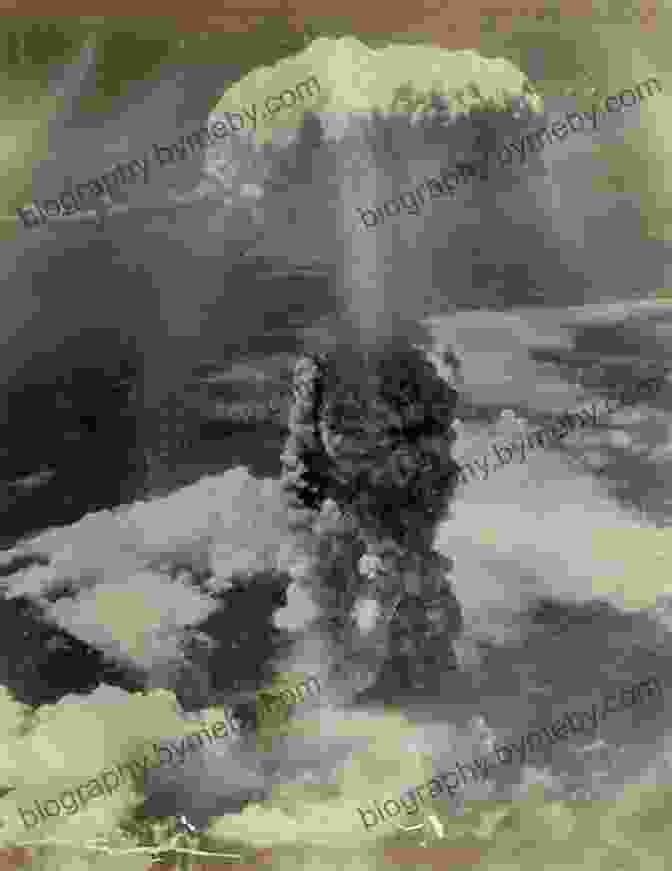
The 20th century witnessed unprecedented scientific and technological progress. The discovery of nuclear energy, the development of the computer, and the exploration of space pushed the boundaries of human understanding.
However, the century was also marked by the horrors of nuclear warfare, a somber reminder of the potential for scientific discoveries to be used for both good and evil.
Chapter 9: The Big Bang: The Birth of the Universe
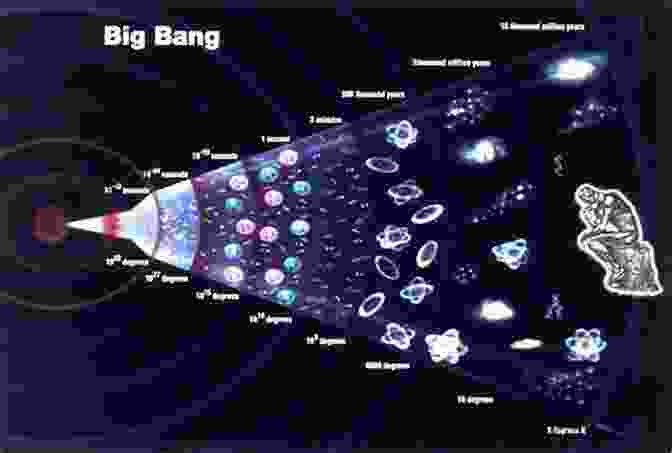
In the mid-20th century, the Big Bang theory emerged as the prevailing scientific explanation for the origin of the universe. This groundbreaking theory, supported by a wealth of observational evidence, states that the universe began in a singularity, a point of infinite density and temperature.
The Big Bang theory has revolutionized our understanding of the cosmos and opened up new avenues of research into the fundamental nature of space, time, and matter.
: The Enduring Quest for Knowledge
From the creation myths of ancient civilizations to the cutting-edge theories of today, our pursuit of knowledge has shaped the very fabric of human existence.
Science and technology have empowered us to understand the vastness of the universe, unravel the mysteries of life, and transform our world. Yet, the quest for knowledge is far from over. New discoveries and breakthroughs await us on the horizon, inviting us to push the boundaries of our understanding and unlock the secrets of the future.
4.3 out of 5
| Language | : | English |
| File size | : | 2708 KB |
| Text-to-Speech | : | Enabled |
| Screen Reader | : | Supported |
| Enhanced typesetting | : | Enabled |
| Word Wise | : | Enabled |
| Print length | : | 317 pages |
Do you want to contribute by writing guest posts on this blog?
Please contact us and send us a resume of previous articles that you have written.
 Book
Book Novel
Novel Page
Page Chapter
Chapter Text
Text Story
Story Genre
Genre Reader
Reader Library
Library Paperback
Paperback E-book
E-book Magazine
Magazine Newspaper
Newspaper Paragraph
Paragraph Sentence
Sentence Bookmark
Bookmark Shelf
Shelf Glossary
Glossary Bibliography
Bibliography Foreword
Foreword Preface
Preface Synopsis
Synopsis Annotation
Annotation Footnote
Footnote Manuscript
Manuscript Scroll
Scroll Codex
Codex Tome
Tome Bestseller
Bestseller Classics
Classics Library card
Library card Narrative
Narrative Biography
Biography Autobiography
Autobiography Memoir
Memoir Reference
Reference Encyclopedia
Encyclopedia Danielle Corbin
Danielle Corbin Jm Guillen
Jm Guillen Shawna Richer
Shawna Richer Anna Kaminski
Anna Kaminski Antonio Sacre
Antonio Sacre Anthony Galvin
Anthony Galvin Michael J Mauboussin
Michael J Mauboussin Luke Colins
Luke Colins Antonio J Mendez
Antonio J Mendez Rowan Jacobsen
Rowan Jacobsen Anshel Pfeffer
Anshel Pfeffer Anthony Larsson
Anthony Larsson Ann Marie Brown
Ann Marie Brown Arthur Bousfield
Arthur Bousfield Lilia Tarawa
Lilia Tarawa Ruth E Iskin
Ruth E Iskin Arnold Lowrey
Arnold Lowrey Maria Ganci
Maria Ganci Caroline Mitchell
Caroline Mitchell Anne Aly
Anne Aly
Light bulbAdvertise smarter! Our strategic ad space ensures maximum exposure. Reserve your spot today!
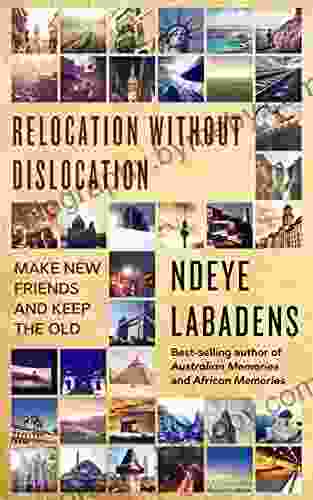
 Michael SimmonsMake New Friends And Keep The Old: Travels And Adventures Of Ndeye Labadens
Michael SimmonsMake New Friends And Keep The Old: Travels And Adventures Of Ndeye Labadens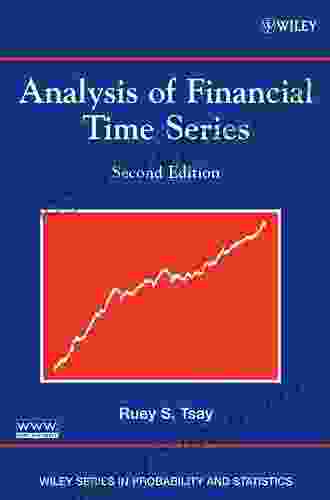
 William FaulknerUnlock the Secrets to Financial Success: An In-Depth Analysis of Financial...
William FaulknerUnlock the Secrets to Financial Success: An In-Depth Analysis of Financial... Francisco CoxFollow ·18.4k
Francisco CoxFollow ·18.4k Clarence MitchellFollow ·16k
Clarence MitchellFollow ·16k Eric NelsonFollow ·16.3k
Eric NelsonFollow ·16.3k Mark MitchellFollow ·3.6k
Mark MitchellFollow ·3.6k Ira CoxFollow ·5.6k
Ira CoxFollow ·5.6k Eric HayesFollow ·18.9k
Eric HayesFollow ·18.9k Quentin PowellFollow ·17.4k
Quentin PowellFollow ·17.4k Alfred RossFollow ·4.1k
Alfred RossFollow ·4.1k
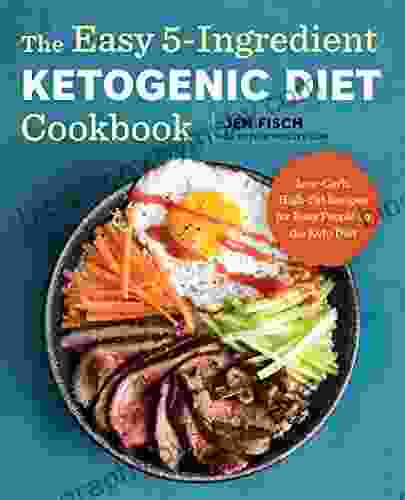
 Juan Rulfo
Juan RulfoThe Easy Ingredient Ketogenic Diet Cookbook: Your...
Embark on a culinary adventure that...
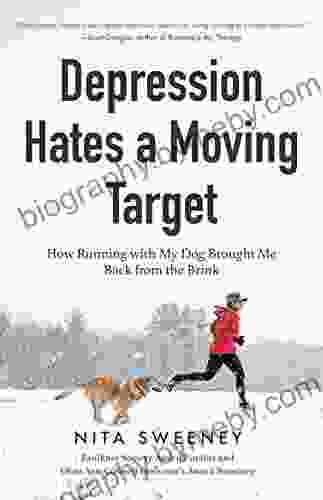
 Zachary Cox
Zachary CoxDepression Hates a Moving Target: A Groundbreaking...
Depression...

 Colin Richardson
Colin RichardsonUnleash Your Spine-Tingling Curiosity: Dive into the...
In the realm of...

 Evan Hayes
Evan HayesMarketing Fashion Portfolio: The Ultimate Guide to...
In the competitive world of fashion, it is...
4.3 out of 5
| Language | : | English |
| File size | : | 2708 KB |
| Text-to-Speech | : | Enabled |
| Screen Reader | : | Supported |
| Enhanced typesetting | : | Enabled |
| Word Wise | : | Enabled |
| Print length | : | 317 pages |


